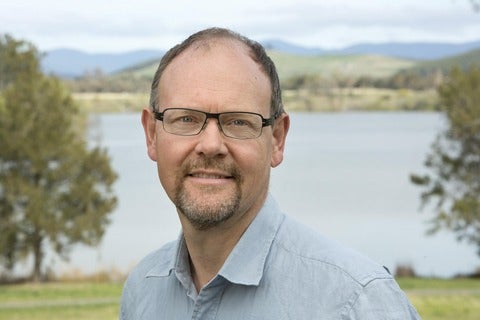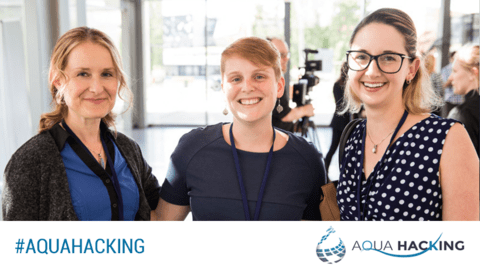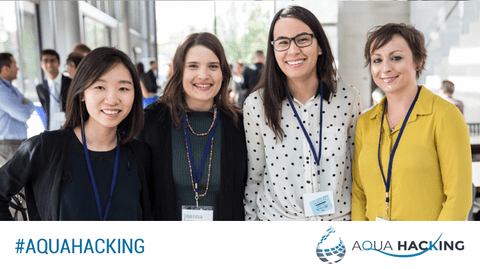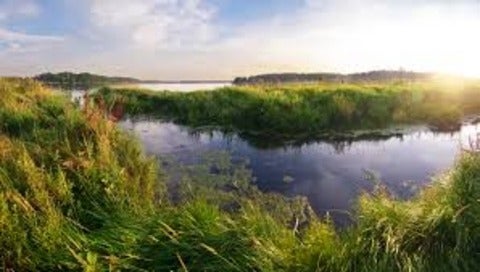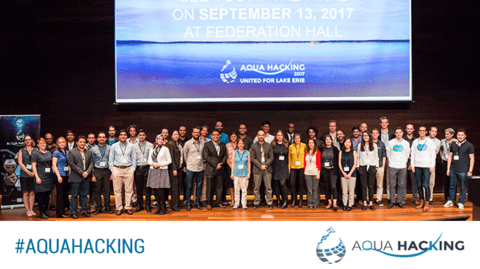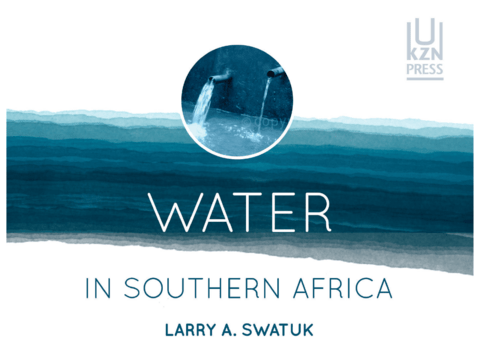The Water Institute will host Elsevier's 4th International Water Research Conference
Since its inception in 1957, the University of Waterloo has promoted excellence in water-related research and education. In 2009, the Water Institute was established to promote and demonstrate interdisciplinary water research and education, strengthen partnerships with leading water organizations, and communicate the impact of Waterloo’s research. During the second week of September, to kick off University of Waterloo’s Innovation week, the Water Institute will build on its foundation to promote water research by hosting Elsevier’s International Water Research Conference.

